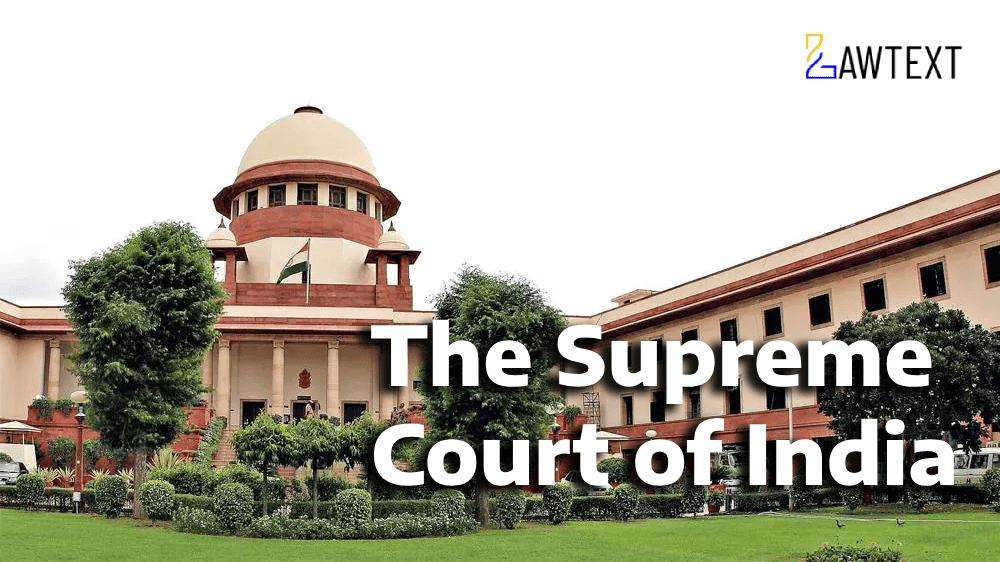Case Note & Summary
The court scrutinized the presence of the appellant at the crime scene, the attribution of a knife injury to him, the admissibility of a disclosure statement, the impact of an inconclusive blood group test on the prosecution's case, and the consideration of a statement under Section 161 CrPC as a dying declaration. Despite arguments of false implication and procedural flaws, the court found the testimonies of eyewitnesses and the investigative process credible, ultimately upholding the appellant's conviction and sentence.
A.3 Presence of Appellant at the Place of Occurrence Arguments for False Implication: The defense argued that the appellant's presence at the crime scene was not established beyond doubt, highlighting discrepancies in Usha Bai's (P.W.10) testimony. Court's Analysis and Reasons: The court found that Usha Bai’s testimony, when read in its entirety, confirmed the appellant's presence. Additional eyewitness testimony from Lallu Vishwakarma (P.W.11) and forensic evidence supported this conclusion. A.4 Attribution of Knife Injury on the Appellant Defense Arguments: The defense contended that it was improbable for witnesses to see the assailants clearly at night and questioned the attribution of the knife injury to the appellant. Court's Analysis: The court examined the disclosure statement leading to the recovery of the knife and found it admissible under Section 27 of the Indian Evidence Act (IEA). Eyewitness testimony and forensic evidence corroborated the appellant's role in the attack. B. Effect of Absence of Blood Group Classification on Prosecution’s Case Defense Arguments: The defense argued that inconclusive blood group test results should favor the appellant. Court's Analysis: The court noted that while the blood group test was inconclusive, the presence of human blood on the knife recovered from the appellant was significant. The appellant failed to explain this evidence, which supported the prosecution's case. C. Consideration of Section 161 CrPC Statement of Deceased Tularam as Dying Declaration Defense Arguments: The defense challenged the reliance on Tularam's statement, arguing it could not be considered a dying declaration due to the lack of a doctor's certification of fitness. Court's Analysis: The court clarified that a dying declaration need not be certified by a doctor if other evidence indicates the declarant was in a fit state of mind. The court found Tularam's statement reliable and corroborated by medical evidence. Conclusion Final Decision: The court found no significant contradictions in the prosecution’s case and dismissed the appeal. The appellant's conviction and sentence were upheld, with directions for him to complete his sentence if already in custody.
Issue of Consideration: Dharmendra Kumar @ Dhamma Versus State of Madhya Pradesh
Premium Content
The Issue of Consideration is only available to subscribed members.
Subscribe Now to access critical case issues








